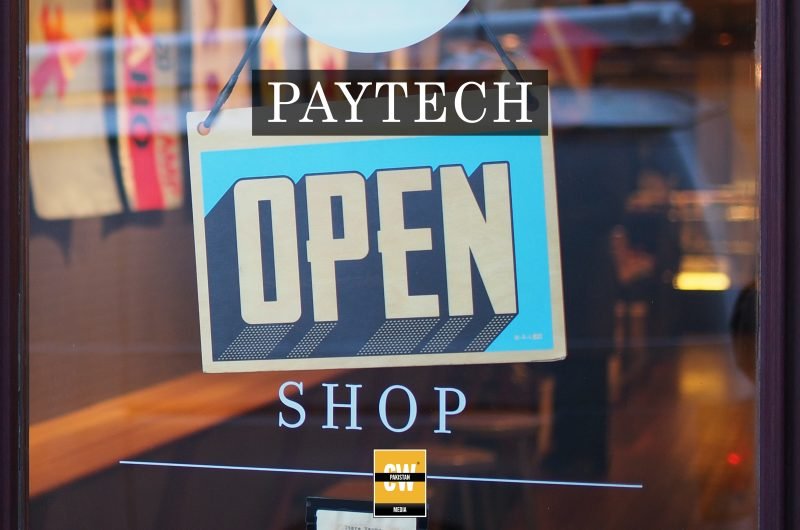The Punjab government has officially rolled out the T-Card, a smart and unified travel card that enables cashless commuting on the Metrobus and Orange Line train services across the province. This significant step aligns with the government’s commitment to digital transformation, particularly in public service delivery, and falls under its broader e-Transit initiative aimed at modernizing the province’s urban transport systems.
The Punjab Mass Transit Authority (PMA) confirmed that the T-Card is now available for public use, allowing commuters to access both Metrobus and Orange Line services through a single, integrated digital payment solution. The introduction of the T-Card marks a critical move toward streamlining public transportation infrastructure, minimizing operational friction, and improving user experience.
Traditionally, commuters had to rely on separate tokens or RFID cards for each service, leading to inefficiencies such as long queues, repeated transactions, and inconvenience during transfers. With the T-Card, these issues are being resolved through one digital interface, allowing users to switch seamlessly between both transport networks without the hassle of purchasing multiple tickets.
The smart card initiative also supports the provincial government’s larger goals of reducing cash transactions in the public transport sector. A digital fare collection system offers more transparency, reduces revenue leakage, and contributes to a cleaner, safer, and more accountable public infrastructure.
To make the transition easier for the general public, the PMA has simplified the process for obtaining a T-Card. Passengers can apply online via the official e-Transit Punjab website or download the mobile application designed for both Android and iOS users. Alternatively, those without access to the internet can dial the helpline at 1762, where trained agents are available to assist applicants step-by-step in acquiring their cards.
In addition to simplifying ticketing and travel, the T-Card offers benefits for future planning and development. The data collected through digital transactions will provide valuable insights into commuter behavior, peak usage hours, and preferred routes. This information can help transit authorities make data-driven decisions to enhance services, adjust timings, and plan for future expansions based on real-time commuter needs.
The launch also signals the beginning of a broader strategy to digitize more aspects of public services in Punjab. As part of the e-Transit initiative, the province is gradually moving toward a smart urban mobility model that could include real-time tracking, dynamic route planning, and AI-enabled demand forecasting.
The Punjab government has also announced free travel through the T-Card for specific segments of the population, including senior citizens, differently-abled individuals, and students in some cases. This not only increases accessibility but also ensures inclusivity in the digitized urban transport landscape.
The T-Card is not just a payment tool; it represents a shift toward modern, user-friendly, and transparent public transport systems. Its implementation sets a benchmark for other provinces and cities aiming to embrace smart mobility solutions. As fintech continues to evolve and influence daily life, the T-Card could serve as a gateway to more integrated services like contactless payments for parking, ride-hailing, and even intercity travel options in the future.
With this move, Punjab reaffirms its vision for a digital future where technology enhances mobility, inclusivity, and efficiency for millions of daily commuters.








